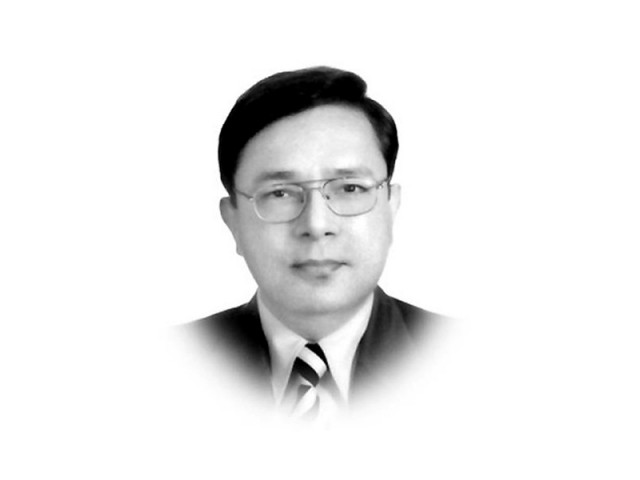Judicial independence
In Pakistan, neither the judiciary as an institution nor the individual judges are independent.

The writer is a PhD Scholar at West Virginia University in the US
In the literature, a truly independent judiciary has three major characteristics. First, it is impartial, i.e., judicial decisions are not influenced by a judge’s personal interest in the outcome of the case. Second, judicial decisions, once rendered, are respected, specifically by the executive. And third, the judiciary is free from interference, i.e., by parties to a case or by others with an interest in its outcome. There is also a consensus among the scholars on certain factors ensuring the existence of judicial independence which include formal, legal and constitutional safeguards like impartial appointment process of the judges, their removal through impeachment only, security of their tenure (lifetime tenure as in America), rigorous qualifications or experience, financial autonomy and a delicate relationship of the judiciary with other political and legal forces in the country.
As far as the decisional independence of a judge is concerned, the judiciary as an independent institution also ensures individual independence. However, it is not true that judges make decisions in isolation. Lee Epstein and Jack Knight in their book, The Choices Justices Make (1998) and Lawrence Baum, in Judges and Their Audiences: A Perspective on Judicial Behaviour (2006) focus on the issue of how individual judges make their decisions. According to them, judges are human beings and they seek respect, popularity, approbation and approval from those around them including colleagues, lawyers, policy groups, media, branches of government and the public. Baum also challenges the prevailing conventional wisdom theory in judicial behaviour that judges at higher levels seek only to promote good laws and good policy. In fact, Baum’s argument is a continuation of the scholarly rejection of the traditional legal models of judicial behaviour.
In Pakistan, neither the judiciary as an institution nor the individual judges are independent. The formation of different benches for the different cases in the superior courts and the ratio of dissenting opinions are crude examples. The jurists and scholars also make the distinction between judicial independence and judicial activism. Independence of judiciary is the hallmark of liberal democracies. On the other hand, our judicial process is based on arbitrary principles, from the appointment and removal of judges to the process of deciding the cases. And particularly, the absolute powers of the chief justices to grant cases to different benches. The suo-motu power of judges is another example of arbitrary nature of the court procedure. The ‘rule of four’ is applied in the US Supreme Court to grant certiorari, i.e., four justices out of a total of nine decide by vote whether or not to hear a case.
I humbly disagree with Honourable Justice Sardar Raza regarding the appointment process of judges in the past. Had the appointment process in the past been so honourable or impartial, the history of our courts would have certainly been different. Judges should neither appoint nor remove judges. They should be appointed for a lifetime unless impeached by parliament or till they opt to retire. There is also no accountability of judges of superior courts. The Supreme Judicial Council, the sole constitutional forum for the accountability of the judges, is itself composed of the judges of superior courts. The judges also elevate themselves as chiefs of superior courts due to Al Jihad Trust decision. Judicial independence and judicial accountability cannot be separated because these are two sides of the same coin.
Published in The Express Tribune, December 25th, 2012.














COMMENTS
Comments are moderated and generally will be posted if they are on-topic and not abusive.
For more information, please see our Comments FAQ